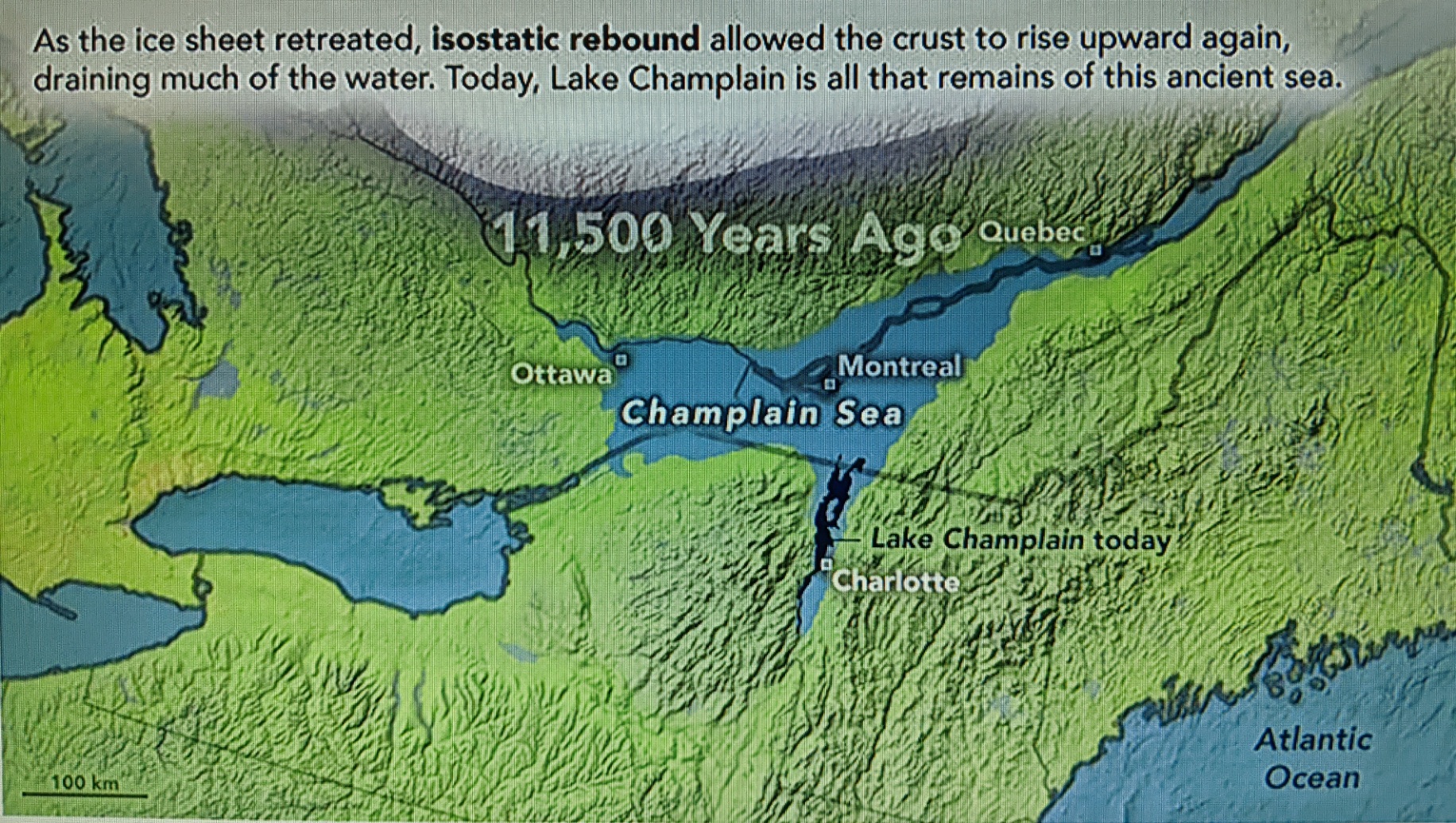Discovering the skeleton of a whale near the beach may make a big impression on the individual who finds it, but it does happen somewhat often and it doesn’t rock the scientific community when it occurs. But in 1849 a whale skeleton was discovered in Charlotte, Vermont – hundreds of feet above sea level, and hundreds of miles from the ocean. And that made everyone wonder “How do you get a whale in Vermont?”
Long story short – prior to the last pole shift catastrophe over 12,000 years ago, which moved the North Pole from its position at the west of Hudson Bay to its current location in the Arctic Ocean – much of North America was under at least a mile of ice. The Laurentide Ice Cap was centered on Hudson Bay because that’s where the North Pole was.

After the pole shift, the ice cap melted away. And without the weight of a very thick ice cap pressing down on it, the land experienced a long, gradual rise in altitude from isostatic rebound. Much like the depressions our posteriors make in sofa cushions are only temporary – as the cushions quickly regain their level tops after we get up – land which was pressed down by a massive weight like an ice cap will gradually rise after that weight is removed. But the Earth’s crust and mantle are nowhere near as elastic as a foam cushion. And in the time between the melting of the North American ice cap and the modern elevation of the regions which had been pressed down beneath it – some areas like Charlotte, Vermont (and Montreal) were part of a large sea.

“Within a few thousand years, this rising cut the young Champlain Sea off from the Atlantic Ocean, and it slowly began to disappear” ….As the land rose, the Champlain Sea turned first into a series of freshwater lakes. Over time, most of these lakes dried up, though one large relic persists to this day as Lake Champlain.”
from: The Charlotte Whale: Unexpected Discovery of a Whale Skeleton Hundreds of Miles From the Sea
This is just one of many thousands of pieces of evidence demonstrating Earth’s recurring cycle of pole shifts. Many signs indicate the next catastrophe’s early stages are already underway, and will probably end our current civilization during my lifetime. If you’re interested, consider reading:
Pole Shift: Evidence Will Not Be Silenced

